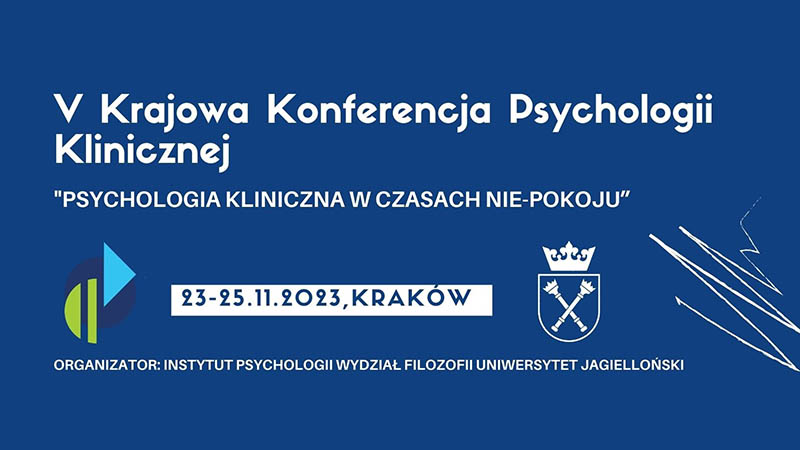Assessment of neuropsychological functioning related to attention, verbal learning and executive functions in adolescent girls and boys with a depressive episode
Justyna Urbańska-Grosz1,2, Rafał Sikorski2,3, Emilia J. Sitek1,2,4, Dariusz Wieczorek5, Anna Pakalska1,6, Bożena Pietraszczyk-Kędziora1, Kalina Skwarska1, Maciej Walkiewicz1,7
 Affiliacja i adres do korespondencji
Affiliacja i adres do korespondencjiIntroduction and objective: The aim of this study was to assess cognitive functions in adolescents with a depressive episode, associated with attention, processing speed, verbal learning, and executive function. Additionally, it focused on potential gender differences in the pattern and severity of the deficits. Materials and methods: The study involved 63 adolescents with a depressive episode (56% girls) and 43 healthy controls (48% girls), aged 16.92 ± 1.3 and 17.24 ± 1.16 years, respectively. The Polish versions of the Children’s Depression Inventory-2 and the Beck Depression Inventory-II were used as the measures of mood. Attention was assessed with the use of the d2 test. Processing speed and divided attention were measured with the Color Trails Test. Verbal learning was evaluated with the California Verbal Learning Test. Executive function was assessed with the use of the Ruff Figural Fluency Test, the Tower of London and the Brixton Spatial Anticipation Test. Results: The results show significant cognitive deficits in adolescents with a depressive episode, affecting attention, processing speed, divided attention, verbal learning and executive function, which is consistent with the evidence reported in the existing literature. Notably, planning deficits, measured with the tower task, were more prominent in girls. Verbal learning efficiency was related to the severity of depressive symptoms in depressive episode group. In verbal learning, regardless of gender, adolescents with depression used the semantic clustering strategy less often than their healthy peers. Conclusions: The study highlights the need for tailored therapeutic interventions and treatments for depressive disorders which may ultimately be important for improved academic performance of adolescents with depressive episodes, with particular attention to genderspecific cognitive profiles and approaches.














